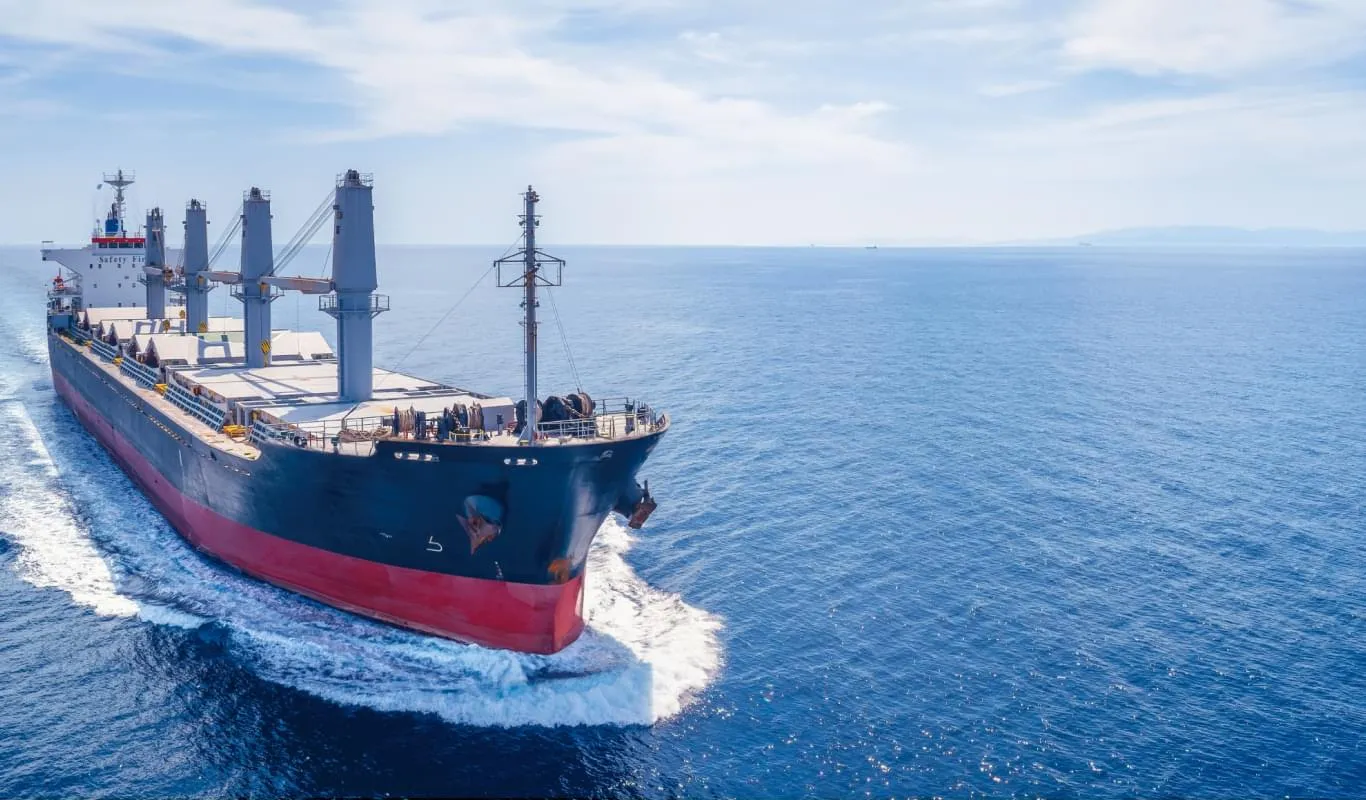In India, the local market has struggled to regain stability after last week’s downturn. The downward momentum persisted through this week, with demand from the end-user market remaining extremely weak. This weakness in demand has translated into limited vessel movements, keeping activity subdued across major yards. Industry sources note that buyers have been reluctant to step forward, with overall sentiment characterised by caution and pessimism. The hesitation reflects the broader steel sector slowdown, where demand from construction and infrastructure projects has not picked up enough to support stronger pricing. Market participants suggest that without fresh triggers or stronger buying interest, the current lull could extend further into the coming weeks.
Bangladesh, another key player in the global recycling industry, has faced its own set of challenges. The local recycled steel market is under significant pressure, with small vessel prices being quoted at around USD 330–340 per light displacement ton (LDT). This is seen as an indicator of prevailing discouragement in the market, as smaller vessels typically yield higher volumes of recycled steel and contain fewer steel plates, making them more attractive to yards under normal circumstances. The softening of the steel plate market, while moderate compared to the sharper fall in recycled steel prices, has further dampened confidence. Yard operators and buyers alike are maintaining a cautious approach, waiting for signs of recovery in demand before committing to fresh deals. The result has been slow business, with limited transactions taking place despite the availability of tonnage.
Pakistan has witnessed a more complex situation. On one hand, the number of Hong Kong Convention (HKC)-compliant yards is increasing, gradually strengthening the country’s reputation as a responsible recycling hub. This expansion of compliant capacity positions Pakistan favorably for future growth in the recycling sector, particularly as environmental and safety regulations become stricter worldwide. On the other hand, the devastating flooding in Punjab, a crucial region for steel production, has slowed down overall market activity. The floods have disrupted transportation and operations, leading to weaker demand and subdued sentiment. Local buyers remain interested in acquiring tonnage but are quoting prices with caution, reflecting both the uncertainty created by regional disruptions and the weak demand for finished steel products. Market insiders note that while Pakistan is on a positive path in terms of compliance and infrastructure, short-term prospects remain clouded by the immediate impact of natural disasters and demand-related challenges.
In Turkiye, the ship recycling market has seen little change from the previous week. Sentiment and activity levels remain muted, with neither significant improvements nor fresh declines recorded. While there had been some expectations of gradual improvement in demand and pricing, these hopes have yet to materialise. Market players continue to operate in a subdued environment, with activity largely confined to routine transactions rather than significant new developments. The stagnation reflects the broader uncertainty in global steel markets, which has constrained recycling yards in the country from seeing any notable momentum.
Overall, the recycling industry across these key markets remains caught in a cycle of weak demand and cautious buying behaviour.
The challenges faced are both structural and situational—ranging from sluggish construction activity in India to natural disasters in Pakistan and persistent weakness in Bangladesh’s recycled steel segment. Even Turkiye, which had been expected to show some resilience, is stuck in a holding pattern with little sign of immediate change.
Market observers suggest that the coming weeks will be critical in determining whether any of these markets can break out of the current stagnation. For India and Bangladesh, much will depend on improvements in the steel sector and downstream demand from construction and infrastructure. Pakistan’s prospects are tied closely to how quickly the impact of flooding can be mitigated, and whether its expanding compliance capacity can attract greater business in the medium term. In Turkiye, hopes rest on global steel demand recovering enough to provide some pricing support.
For now, the broader sentiment remains subdued. Buyers across all regions are hesitant to take risks, preferring to wait for stronger signals before entering the market more aggressively. Until then, the recycling industry in South Asia and beyond seems set to continue its cautious trajectory, reflecting the challenges of operating in a weak demand environment with few immediate catalysts for change.





